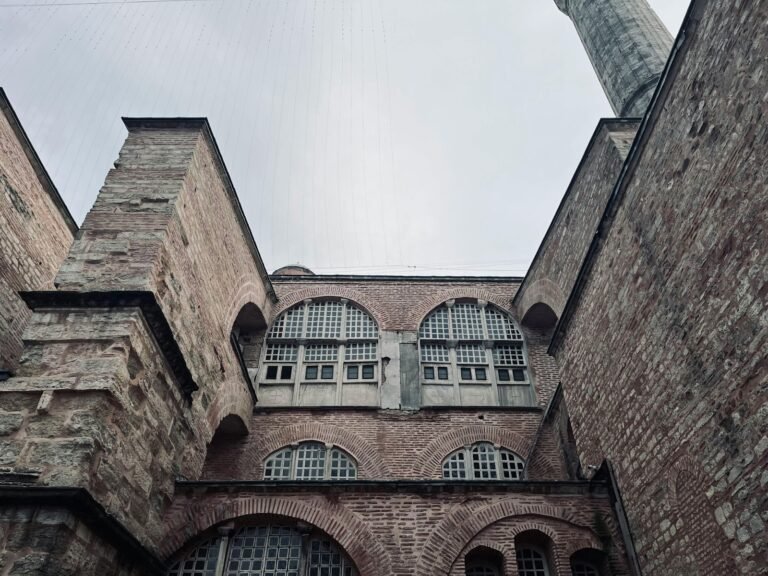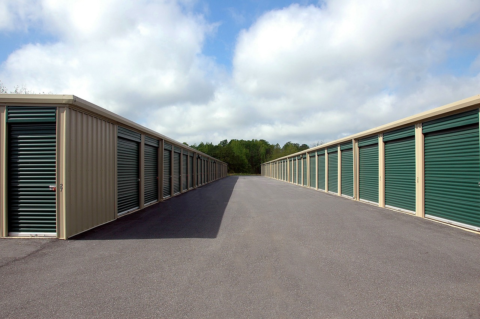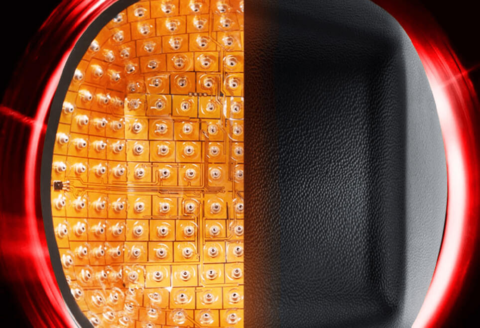Effective climate control is crucial in industrial settings, impacting worker productivity, equipment performance, and product quality. Choosing the right system for your specific needs requires careful consideration of factors such as energy efficiency, environmental conditions, and operational demands. This guide explores the key elements to help you select the best industrial climate control solution for your facility.
Assess Your Facility’s Needs
Understanding the unique requirements of your space is the first step in selecting the right climate control system. Start by evaluating the size, layout, and purpose of your facility. Large warehouses, manufacturing plants, or distribution centers each have distinct climate demands.
For example, production facilities may require precise temperature and humidity control to prevent product spoilage or ensure quality. In contrast, warehouses storing raw materials might focus more on maintaining a stable environment to protect inventory from damage. Customizing the system to fit your facility’s specific purpose is essential to achieve maximum efficiency and cost-effectiveness.
Consider Environmental and Regulatory Factors
Industrial spaces are often subject to strict environmental and regulatory requirements. These can include compliance with OSHA temperature standards or ensuring air quality for workers’ health. Depending on your industry, regulations may also govern emissions, humidity levels, or ventilation.
Additionally, external environmental conditions, such as extreme heat or cold, should influence your choice. For facilities located in colder climates, heating solutions must perform consistently under low-temperature conditions while maintaining energy efficiency.
Explore System Options
Industrial climate control solutions typically fall into two categories: centralized HVAC systems and targeted climate control units. Each has its pros and cons.
HVAC Systems
These are ideal for larger facilities needing consistent temperature control across the entire space. They can be customized with air purification features, making them suitable for environments like cleanrooms or pharmaceutical production sites. However, they may be costly to install and maintain.
Targeted Units
Options like spot coolers, portable heaters, and zoned systems are excellent for facilities with specific temperature needs in different areas. For instance, a construction heater can efficiently warm areas during cold-weather projects without wasting energy in unused zones. Choosing the right type depends on your facility’s size, layout, and operational needs.
Evaluate Energy Efficiency and Costs
Energy efficiency is a critical factor in climate control systems, as industrial spaces often require substantial power to maintain optimal conditions. A system’s energy consumption directly impacts your operating costs and sustainability goals.
Look for equipment with a high Seasonal Energy Efficiency Ratio (SEER) or Energy Efficiency Ratio (EER). Many systems now come with advanced features like programmable thermostats and smart controls, allowing for real-time monitoring and adjustments to reduce waste. Though upfront costs for energy-efficient systems may be higher, the long-term savings on utility bills often justify the investment.
Factor in Maintenance and Durability
The long-term performance of a climate control system heavily depends on regular maintenance. When choosing a system, consider its durability and the ease of obtaining replacement parts or technical support.
Reliable systems often come with extended warranties, ensuring you’re covered for major repairs or replacements. Additionally, check if the manufacturer provides maintenance plans or support services, which can simplify upkeep and prolong the equipment’s lifespan.
Prioritize Air Quality and Ventilation
Poor air quality in industrial settings can lead to worker health issues, equipment failures, and even regulatory penalties. An effective climate control system should include adequate ventilation to circulate fresh air and filter out pollutants.
Advanced filtration systems can remove contaminants like dust, chemicals, and microbes, ensuring a safe and productive environment. For industries dealing with hazardous materials, specialized air purification solutions may be necessary.
Plan for Scalability and Future Growth
Your climate control needs may change as your business grows or diversifies. Investing in a scalable system can save time and money in the long run. For example, modular units or systems that allow for zoning can be expanded easily without overhauling the entire setup.
Think about how your current system might accommodate additional equipment, larger spaces, or increased workloads. Planning for growth ensures your investment remains effective for years to come.
Address Industry-Specific Needs
Certain industries require specialized climate control solutions tailored to their operations. For instance:
- Food and Beverage: Precise temperature and humidity control is essential to prevent spoilage and maintain quality.
- Pharmaceuticals: Cleanrooms often demand sophisticated air filtration systems and consistent temperature regulation.
- Construction Sites: Temporary heating or cooling systems can ensure work continues smoothly in extreme weather conditions.
Understanding your industry’s specific demands ensures you select a system that meets both operational and regulatory requirements.
Leverage Smart Technology
Modern climate control systems often incorporate smart technology, enabling automated adjustments and remote monitoring. These features not only enhance efficiency but also provide valuable data to optimize performance over time.
For example, sensors can detect temperature fluctuations and automatically adjust settings to maintain consistency. Additionally, smart systems can send alerts about potential maintenance issues, minimizing downtime and repair costs.
Budget for Installation and Upgrades
Installation costs can vary significantly based on the type and complexity of the system. Be sure to factor these expenses into your budget alongside potential upgrades or retrofits.
Retrofitting an older building with modern climate control systems may require additional insulation or structural changes to optimize performance. While these upgrades can be costly, they often improve overall energy efficiency, reducing long-term operating expenses.
Industrial climate control is a vital investment, ensuring optimal conditions for workers, equipment, and products. By assessing your facility’s needs, considering environmental and regulatory factors, and evaluating system options, you can confidently choose the right solution to support your operations.

Daniel J. Morgan is the founder of Invidiata Magazine, a premier publication showcasing luxury living, arts, and culture. With a passion for excellence, Daniel has established the magazine as a beacon of sophistication and refinement, captivating discerning audiences worldwide.





